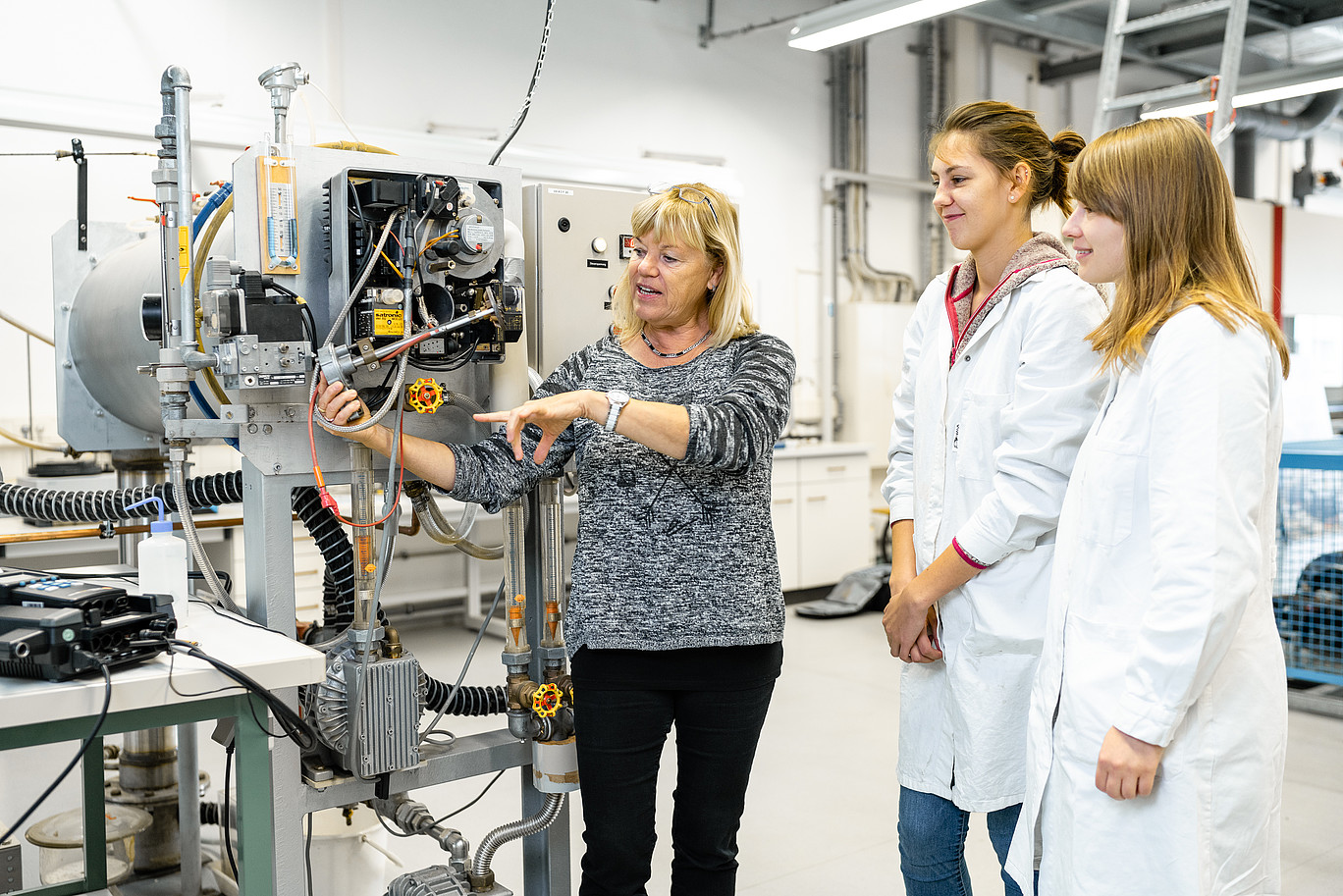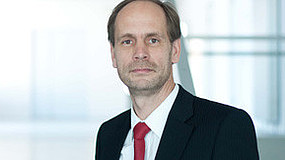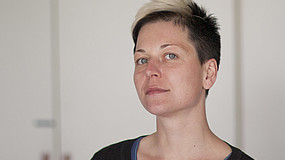
In the Energy Process Engineering laboratory, practical courses are held to assess the efficiency of energy conversion processes and integrated environmental protection processes for exhaust gas/flue gas cleaning on semi-technical test rigs.
In the Energy Process Engineering laboratory, students learn about processes for keeping the air and the environment clean, which are integral components of energy conversion plants (power plants, combined heat and power plants, heating plants). The focus is on the processes of dedusting, desulphurization and denitrification (primary and secondary) of flue and exhaust gases. Furthermore, energy balancing including efficiency determination is carried out on a CHP module (gasoline engine).
The required and installed measurement and exhaust gas analysis technology is taught as well as the recording and appropriate logging of measured values.
The experiments in the energy process engineering laboratory are part of the "Complex practical course in renewable energy, power plant and environmental engineering" module for the Bachelor's and Diploma degree courses in energy and environmental engineering. The complex practical course runs over two semesters and is scheduled in the 6th and 7th semesters with a workload of 150 hours and 5 ECTS. The examination for the complex practical course is completed as laboratory work (PL).
There are experiment instructions for preparing the experiments, which are made available to students via OPAL. Students must work through these in advance to prepare for the experiments.
The practicals take place in small groups of 5 to 6 students. After a technical discussion followed by a test, the experiments are carried out. The evaluation of the experiments is discussed. The practical course report must be submitted approx. 14 days after the experiment.
Among other things, the laboratory has test rigs for
- Dedusting: aerocyclone and fabric filter
- Desulphurization: flue gas scrubbing
- Denitrification: combustion on a liquid gas combustion chamber and catalytic on a three-way catalytic converter.
Students admitted to the degree programs are automatically registered. Separate registration is not required.
House Z VIIc, Hall 6

